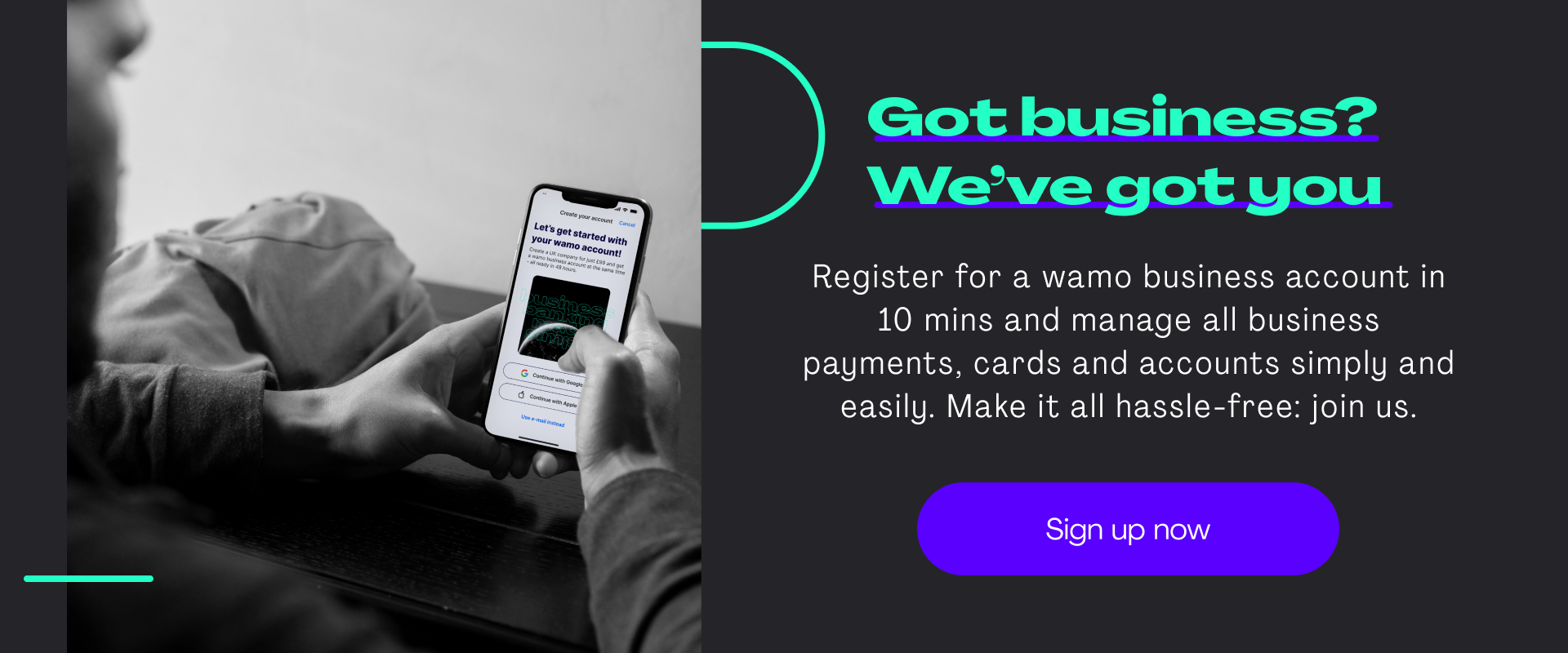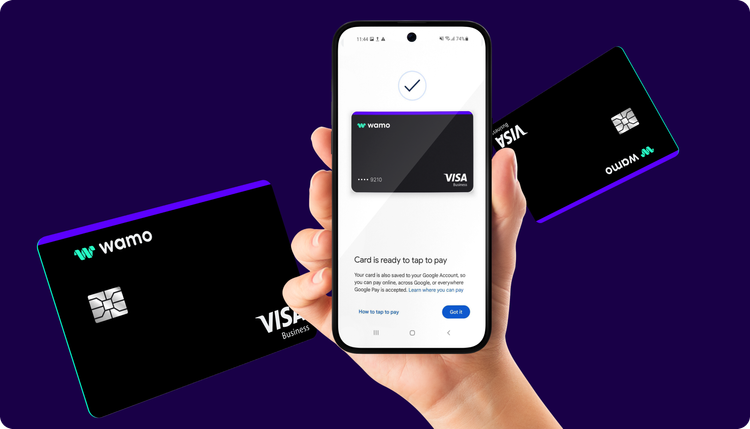A business account is a type of financial account that is specifically designed for businesses. It is used to manage the financial transactions of a business, including receiving payments, making payments, and tracking expenses. Business accounts are typically separate from personal accounts, and they may have different features and fees depending on the bank or credit union offering them.
Advantages of having a business account in France?
There are several reasons why it is important for your business to have a separate business account in France:
- Professionalism: Having a separate business account helps to create a professional image for your business. It also makes it easier for you to manage your business finances and keep your personal and business finances separate.
- Legal requirements: Depending on the legal structure of your business, you may be required to have a separate business account in France. For example, if you are operating as a sole proprietorship or a limited liability company (SARL), you may be required to have a separate business account.
- Tax benefits: Having a separate business account can help you to keep track of your business income and expenses, which can make it easier to prepare your tax returns. It can also make it easier to claim certain tax deductions and credits.
- Easier financial management: Having a separate business account can make it easier to manage your business finances. You can set up automatic payments, track expenses, and access financial reports to help you make informed business decisions. Overall, a business account can help you to manage your business finances more efficiently and effectively, and can help to create a professional image for your business.

How to open a business account in France?
To open a business account in France, you'll need to follow these steps:
- Determine the type of business you will be operating. This will determine the legal structure of your business and the requirements for opening a business account.
- Choose a bank. There are many banks in France that offer business accounts, so it's important to research and compare the fees, services, and features of different banks to find one that meets your needs.
- Gather the necessary documents. You'll need to provide identification (such as a passport or ID card), proof of address, and proof of your business's legal structure (such as a business registration certificate).
- Fill out an application form. Most banks have online application forms that you can fill out to open a business account.
- Submit your application and supporting documents. Once you've completed the application form and gathered all the necessary documents, you can submit your application and supporting documents either online or in person at a bank branch.
- Wait for the bank to review your application. The bank will review your application and supporting documents to ensure that you meet all the requirements for opening a business account.
- Activate your account. Once your application has been approved, the bank will send you instructions on how to activate your account. This usually involves setting up a username and password, and possibly completing additional security steps.
It's worth noting that the exact process for opening a business account in France may vary depending on the bank you choose and the type of business you are operating. It's a good idea to check with the bank directly to get specific instructions and to make sure you have all the necessary documents.

French Banks that provides business account
There are many banks in France that offer business accounts to meet the needs of different types of businesses. Opening a business account from traditional banks is difficult and takes time. For this reason, companies now prefer fast and convenient fintech solutions such as wamo. If you still want to open a business account with one of the traditional banks, take a look at some french banks that offer business account services. Some of the banks that offer business accounts in France include:
BNP Paribas: BNP Paribas is a large international bank with a strong presence in France. It offers a range of business accounts, including accounts for small and medium-sized businesses, self-employed individuals, and larger businesses. Société Générale: Société Générale is another large international bank that offers business accounts in France. It has a range of business accounts available, including accounts for small and medium-sized businesses, freelancers, and self-employed individuals. Crédit Agricole: Crédit Agricole is a French bank that offers a range of business accounts, including accounts for small and medium-sized businesses, self-employed individuals, and larger businesses. La Banque Postale: La Banque Postale is a state-owned bank in France that offers business accounts to meet the needs of different types of businesses. It has a range of business accounts available, including accounts for small and medium-sized businesses, self-employed individuals, and larger businesses. Caisse d'Epargne: Caisse d'Epargne is a French bank that offers a range of business accounts, including accounts for small and medium-sized businesses, self-employed individuals, and larger businesses.
These are just a few examples of banks that offer business accounts in France. It's a good idea to compare the fees, services, and features of different banks to find one that meets your business's needs.
If you are looking for the most advantageous business account for your company, be sure to review the details about the wamo business account before making a decision.
Fintech Solution: wamo
It is very easy to open a business account with wamo. You can open a business account in France without going to France. You no longer have to deal with the lengthy processes and paperwork of traditional institutions. Open a business account in just 10 minutes with wamo. Moreover, wamo is designed for your business. It has multi currency business accounts, the opportunity to create many virtual cards, a mobile application where you can manage all your finances, and much more. Get more information by visiting the wamo website now. Open a business account by downloading the wamo application from the App Store or Google Play.








